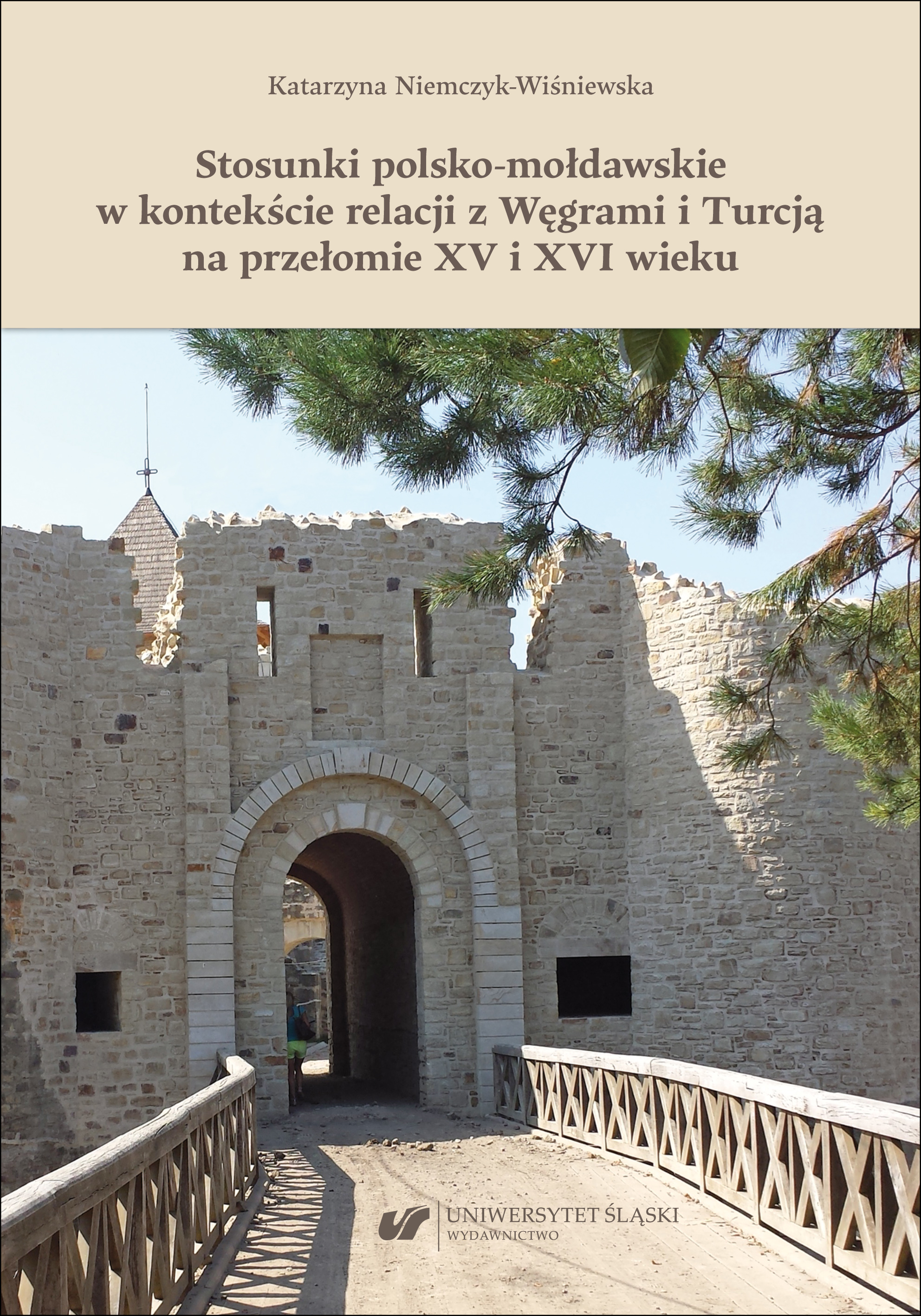Polish–Moldovan relations in the context of relations with Hungary and Türkiye at the turn of the 15th and 16th centuries


This work is licensed under a Creative Commons Attribution-ShareAlike 4.0 International License.
Details about the available publication format: LOOK INSIDE
Details about the available publication format: BUY THE BOOK
Synopsis
This study addresses the topic of Polish–Moldovan relations between 1492 and 1538. The starting date is marked by the assumption of rule in the Polish state by Jan Olbracht, while the ending date is delineated by the fall of the Moldovan hospodar Petru Rareş and the deepening of Moldova's political subordination to Türkiye, which put an end to the Moldovan–Polish conflict over Pokuttya. Furthermore, the capture of Budjak by the Turks resulted in the establishment of a direct border with the Ottoman Empire. The author has analysed the relations with Moldova of successive Polish kings: Jan Olbracht, Alexander Jagiellon and Sigismund I the Old. Thanks to her access to unknown documents from the Levoča congress, the author has managed to present the importance of this congress in the planned expedition of Jan Olbracht in 1497.
She has also emphasised the role of the Chodecki family in the Polish–Moldovan conflicts during the reigns of Alexander Jagiellon and Sigismund I the Old, and discussed the intricacies of Petru Rareş's policies towards Poland, Hungary and Türkiye. Based on a very extensive research query, including German, Austrian, Romanian, Moldovan, Hungarian, Polish and Russian archives and libraries, she has undertaken a study and description of Polish–Moldovan relations at the time. The conclusions of the queries shed new light on the topic presented. The aim was also to set these relations in an international context. The need for their in-depth geopolitical analysis arose from the fact that Moldova in the 15th and 16th centuries was a place of intersection of influences and interests of Poland, Hungary, Türkiye and the Grand Duchy of Moscow. Therefore, in order to properly understand and interpret Poland's relations with Moldova, it was necessary to analyse the geopolitical and political–legal situation of each side.



